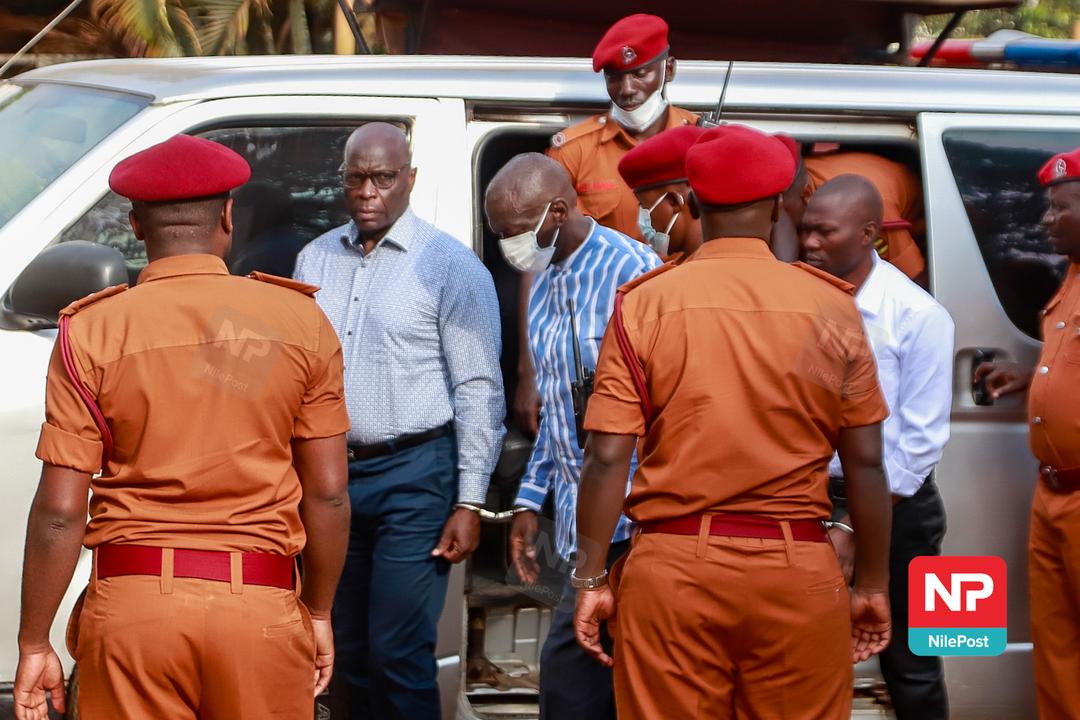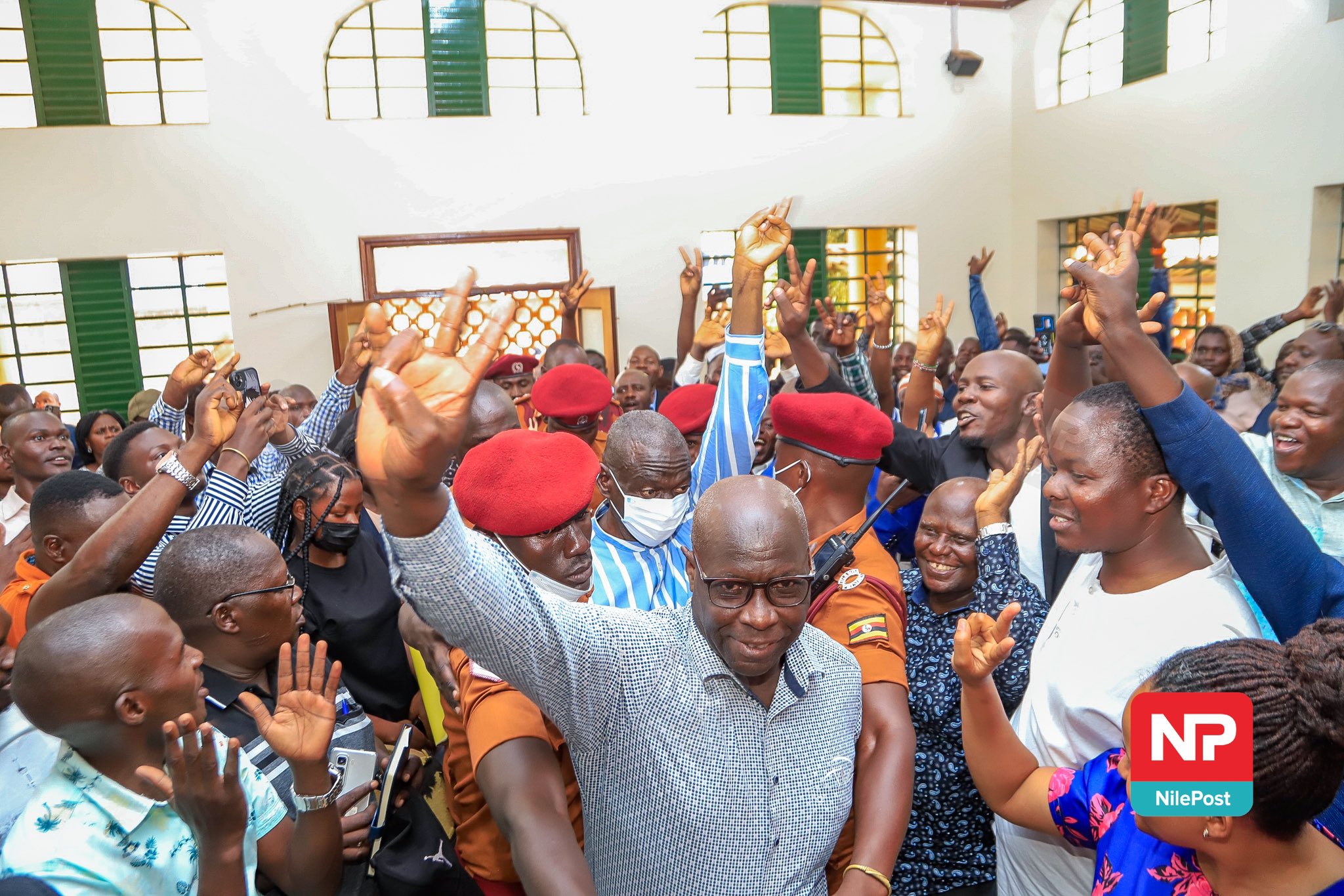ODPP Seeks Court Approval to Access Phones of Dr. Kizza Besigye and Aide in Treason Case
Prosecution Moves to Extract Key Evidence in High-Profile Case
The Office of the Director of Public Prosecutions (ODPP) has applied to court for permission to access the mobile phones of Dr. Kizza Besigye, a four-time Ugandan presidential candidate, and his aide, Hajj Obeid Lutale, in connection with treason charges they are facing.
The prosecution argues that the contents of the accused persons' phones—such as call records, messages, and digital communications—could provide crucial evidence in the ongoing treason case. The request, made before a magistrate’s court in Kampala, is part of a broader investigation into alleged activities aimed at undermining the government.

Dr. Besigye, a veteran opposition leader and founding member of the Forum for Democratic Change (FDC), has had multiple legal battles with the government over the years, often facing charges of treason, incitement, and unlawful assembly.
His latest case stems from alleged political actions that the state claims were aimed at destabilizing the country.The state has accused Besigye and Lutale of engaging in activities that could threaten national security, including mobilizing opposition groups, making inflammatory statements, and allegedly attempting to delegitimize the current government. Details of the specific allegations leading to the fresh treason charges remain under court consideration.

Prosecution’s Argument for Phone Access
In its application, the ODPP insists that gaining access to the phones is necessary to retrieve potential evidence linking the accused to activities deemed subversive. The prosecution contends that call logs, encrypted messages, and other digital traces could reveal communications with alleged conspirators and foreign entities.
"These devices hold vital digital evidence that could prove coordination and planning related to the ongoing case. It is crucial for the court to allow forensic examination of the phones to aid the investigation," the prosecution stated in its court filing.
Defense Response: Privacy and Political Persecution
Dr. Besigye’s legal team has opposed the prosecution’s application, arguing that the request infringes on privacy rights and amounts to political persecution.
They maintain that there is no lawful justification for authorities to access his private communications, labeling the case as part of a sustained effort to intimidate opposition figures.
"This is yet another attempt by the government to violate Dr. Besigye’s rights under the guise of a legal process. There is no credible evidence warranting such an invasion of privacy," a member of Besigye’s defense team stated.
The defense has also raised concerns that granting access to the phones could expose private conversations unrelated to the case, potentially compromising confidential discussions with political allies, lawyers, and family members.
Implications of the Court’s Decision
If the court grants the ODPP’s request, forensic experts would be allowed to analyze the phone data, which could significantly impact the trajectory of the case. A ruling in favor of the prosecution could also set a precedent for law enforcement to access digital communications in high-profile political cases.Conversely, if the court denies the request, the prosecution may struggle to substantiate its claims, potentially weakening the treason case against Besigye and Lutale.
Political and Public Reactions
The case has reignited political tensions, with opposition supporters decrying what they call continued government harassment of dissenting voices. Some civil society organizations have criticized the move as an attempt to suppress political activism under the pretext of legal proceedings.Meanwhile, government supporters argue that no one is above the law and that the state must ensure that all individuals, regardless of their political status, are held accountable for any actions deemed unconstitutional.
What’s Next?
The court is expected to rule on the ODPP’s application in the coming days. If permission is granted, forensic investigators will begin analyzing the phones for evidence. However, if the request is denied, the prosecution may have to rely on other forms of evidence to build its case against Besigye and Lutale.As Uganda watches closely, the outcome of this legal battle could have far-reaching consequences on the country’s political and legal landscape, shaping future cases involving opposition figures and digital privacy rights.